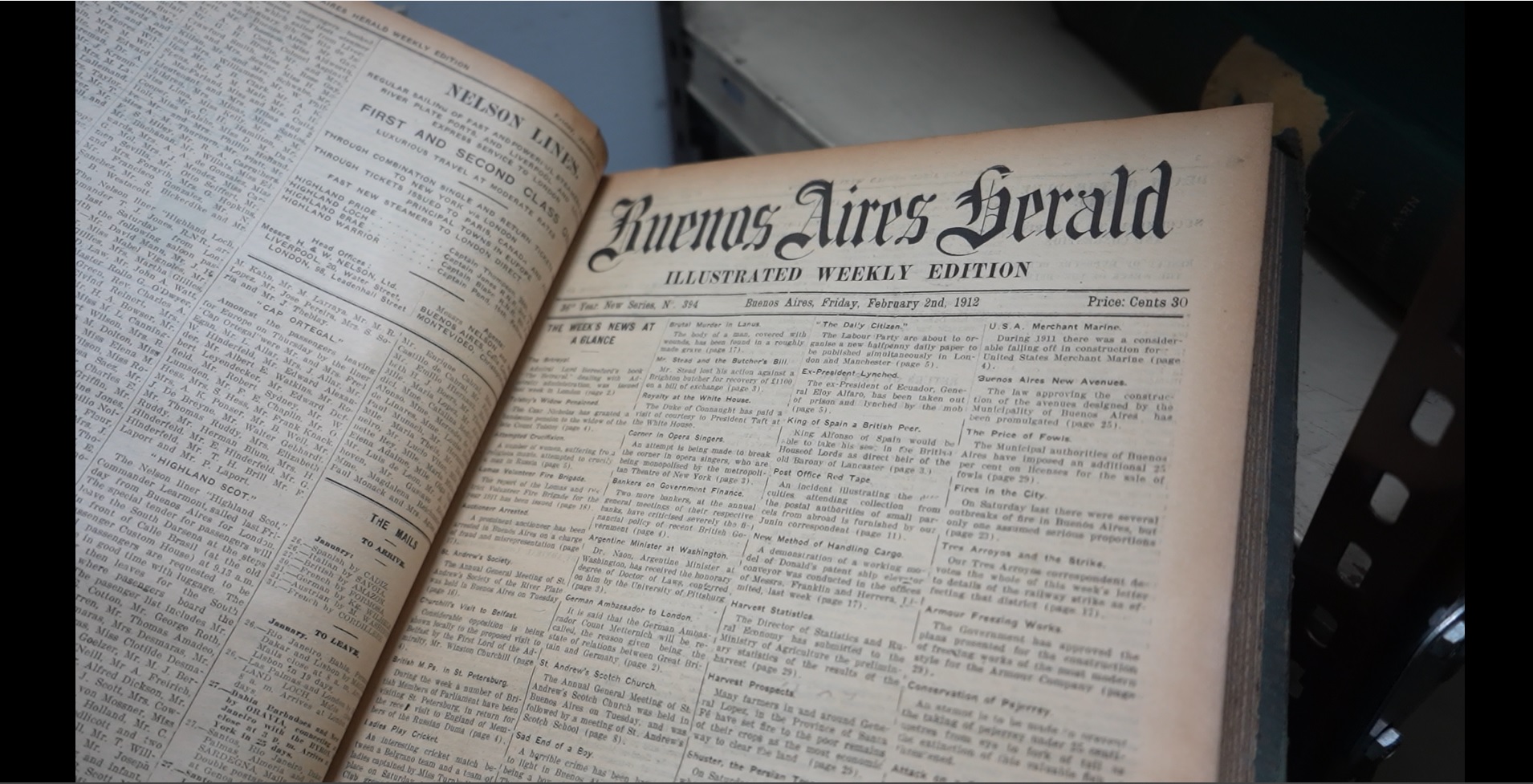carride
Registered
- Joined
- Feb 5, 2013
- Messages
- 774
- Likes
- 754
Looks to be official now


The Buenos Aires Herald is back! - Buenos Aires Herald
Why we're relaunching this icon of Argentine journalism
buenosairesherald.com
